 During the coronavirus crisis, activity in the UK’s property sector fell sharply. Lockdown prevented viewings and valuations, and so property transactions fell by around a half in April and May from their levels a year before.
During the coronavirus crisis, activity in the UK’s property sector fell sharply. Lockdown prevented viewings and valuations, and so property transactions fell by around a half in April and May from their levels a year before.
To address this issue, and to stimulate the housing market in the UK, the Chancellor recently announced that he was introducing a Stamp Duty holiday. Between now and the end of March 2021, house buyers in England and Northern Ireland will benefit from a reduction in the amount of tax paid on the purchase, with nine out of ten buyers expected to pay no tax at all. Similar holidays have been announced in Scotland and Wales.
Here’s everything you need to know about the Stamp Duty holiday and what it means for you.
Chancellor raises Stamp Duty threshold to £500,000 in England and Northern Ireland
In his summer statement, the Chancellor announced an immediate Stamp Duty holiday in England and Northern Ireland for properties valued up to £500,000.
Previously, you would have paid Stamp Duty if you bought a home for more than £125,000 unless you were a first-time buyer in which case, you’d have only paid the duty on a property bought for more than £300,000.
The announcement means that nine out of 10 people buying a main home between now and the end of March 2021 will pay no Stamp Duty at all, and the average Stamp Duty bill will fall by £4,500.
If you buy a residential property before 31st March 2021 that costs more than £500,000 you will only pay Stamp Duty on the amount above £500,000. These rates apply whether you are buying your first home, or you have owned property before.
This table shows the saving you will make if you’re a home mover buying in England or Northern Ireland before 31st March 2021. If you’re a first-time buyer then you may save a little less, as properties up to a purchase price of £300,000 were already exempt for you.
| Purchase price | Stamp Duty rate payable until 31st March 2021 | Amount of Stamp Duty payable before 31st March 2021 | How much you will save thanks to the Stamp Duty holiday |
| £100,000 | 0% | £0 | £0 |
| £200,000 | 0% | £0 | £1,500 |
| £300,000 | 0% | £0 | £5,000 |
| £400,000 | 0% | £0 | £10,000 |
| £500,000 | 0% | £0 | £15,000 |
| £750,000 |
0% on first £500,000 5% on £500,000 to £750,000 |
£12,500 | £15,000 |
| £1 million |
0% on first £500,000 5% on £500,000 to £925,000 10% on £925,000 to £1 million |
£28,750 | £15,000 |
| £1.5 million |
0% on first £500,000 5% on £500,000 to £925,000 10% on £925,000 to £1.5 million |
£78,750 | £15,000 |
| £2 million |
0% on first £500,000 5% on £500,000 to £925,000 10% on £925,000 to £1.5 million 12% on £1.5 to £2 million |
£138,750 | £15,000 |
Stamp Duty holiday also applies to purchases of second properties
The Stamp Duty holiday also applies for additional properties, such as second homes, holiday homes, or landlords buying Buy to Let property.
Bear in mind that the 3% surcharge for purchases of additional properties continues to apply, even during the Stamp Duty holiday period.
For example, if you’re buying a Buy to Let property for £300,000, you’d now pay £9,000 in Stamp Duty, rather than the £15,000 you would have paid before the Stamp Duty holiday.
Stamp duty payable by overseas buyers
Last year, the government announced that all foreign buyers investing in UK property will have to pay a further 2% surcharge from April 2021.
This will come into force at the same time that the Stamp Duty holiday ends.
What this means is that if you’re a foreign buyer purchasing a property in the UK, you could potentially make significant Stamp Duty savings if you complete your purchase before 31st March 2021.
For example, if you’re a foreign buyer purchasing a second home in the UK for £450,000, you’ll pay £13,500 in Stamp Duty before the end of March 2021, and £35,500 from 1st April 2021 onwards.
This table compares the Stamp Duty payable for a foreign buyer purchasing a second home in the UK.
| Purchase price | Stamp Duty payable before 31st March 2021 | Stamp Duty payable after 1st April 2021 |
| £250,000 | 3% second home surcharge = £7,500 |
3% second home surcharge = £7,500 2% of the amount between £125,000 and £250,000 = £2,500 2% foreign buyer surcharge = £5,000 Total = £15,000 |
| £500,000 | 3% second home surcharge = £15,000 |
3% second home surcharge = £15,000 2% of the amount between £125,000 and £250,000 = £2,500 5% of the amount between £250,000 and £500,000 = £12,500 2% foreign buyer surcharge = £10,000 Total = £40,000 |
| £750,000 |
3% second home surcharge = £22,500 5% of the amount between £500,000 and £750,000 = £12,500 Total = £35,000 |
3% second home surcharge = £22,500 2% of the amount between £125,000 and £250,000 = £2,500 5% of the amount between £250,000 and £750,000 = £25,000 2% foreign buyer surcharge = £15,000 Total = £65,000 |
| £1 million |
3% second home surcharge = £30,000 5% of the amount between £500,000 and £925,000 = £21,250 10% of the amount between £925,000 and £1 million = £7,500 Total = £58,750 |
3% second home surcharge = £30,000 2% of the amount between £125,000 and £250,000 = £2,500 5% of the amount between £250,000 and £925,000 = £33,750 10% of the amount between £925,000 and £1 million = £7,500 2% foreign buyer surcharge = £20,000 Total = £93,750 |
Scotland and Wales also announce tax holiday
As different property taxes are paid in Scotland and Wales, the Chancellor’s announcement only affected property in England and Northern Ireland.
However, the devolved administrations in both Scotland and Wales have now announced similar tax breaks:
- Scotland – the starting threshold for Land and Buildings Transaction Tax (LBTT) for residential property transactions will rise from £145,000 to £250,000. This will save buyers up to £2,100 in tax and will run from 15th July 2020 to 31st March 2021.
- Wales – the starting threshold for Land Transaction Tax will also rise to £250,000, but only for residential properties. This threshold does not apply to second homes or Buy to Lets. This will run from 27th July 2020 to 31st March 2021.
What if I have already completed a purchase?
If you completed on your purchase before the holiday began, you will pay property tax at the previous rates.
If you exchanged contracts before the holiday came into force, but you didn’t complete until after then the Stamp Duty (or relevant Scottish/Welsh tax) holiday will apply.
Get in touch
Buying a UK property before 31st March 2021 could mean you benefit from significant tax savings. If you’d like advice, please get in touch. Email [email protected] or call us on +44 (0) 20 3786 7270.




